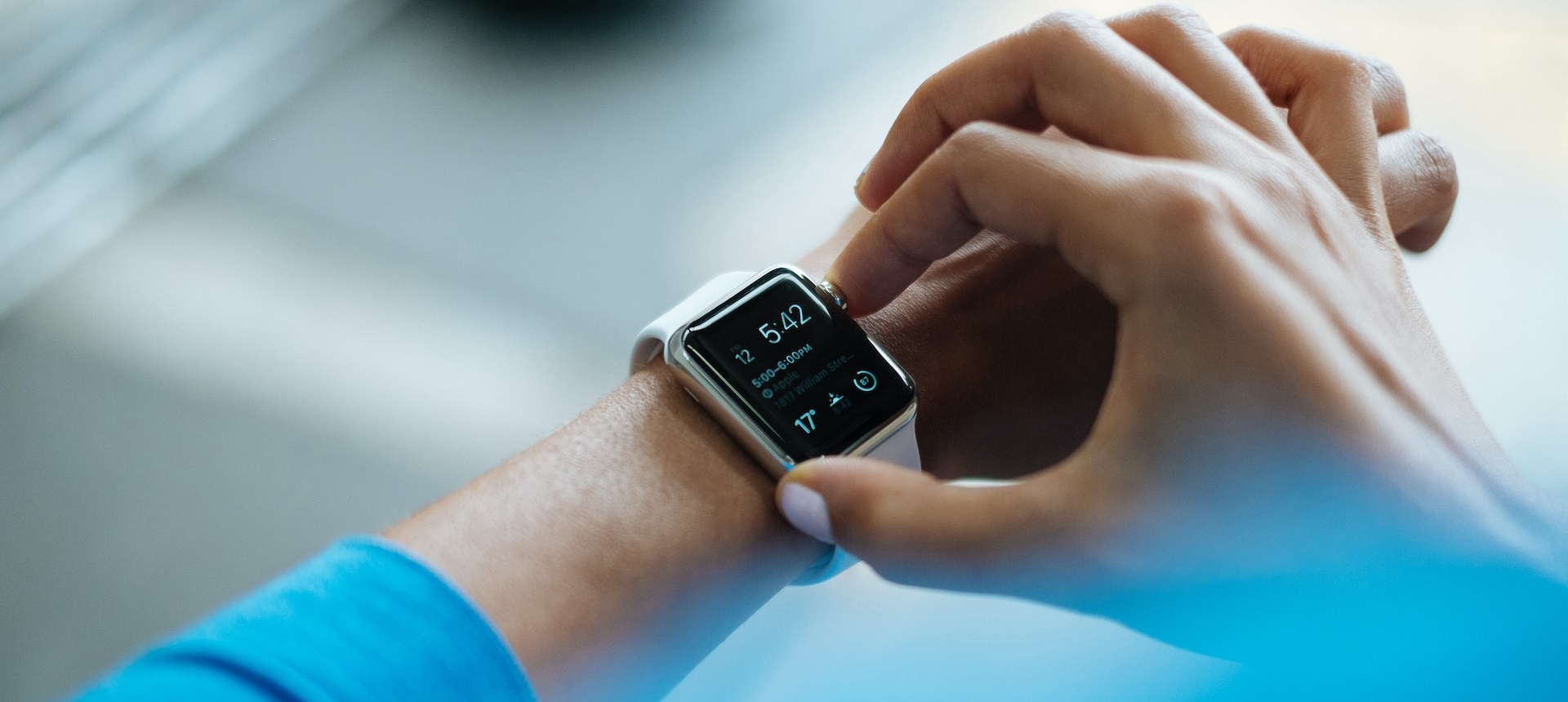1. Survey highlights need for investment in electronic health records
Of 10 countries surveyed for an Economist Impact report commissioned by Roche Diagnostics, all have some foundations – such as regulatory frameworks or interoperability standards – in place for the use of digital health technologies. But only half have established electronic health record systems at the national level, “meaning that integration at a national level might be missing or fragmented,” leading to greater risks of inefficiency, complexity, costs and potential errors.
2. US health organisations plan to spend more on third-party tech
An overwhelming majority – 88 per cent – of health organisations across the US plan to increase their third-party technology investments in 2023–2024, according to an IDC InfoBrief sponsored by Redox, which provides an API for connecting healthcare products, providers and payers. Those planned investments are part of a broader drive towards digital transformation, which the brief says is the leading organisational goal for hospitals and health systems in the coming year.
3. WHO identifies 5 innovations with most potential to improve health
After an extensive review of research covering a wide range of health technologies, the World Health Organisation’s Science Division identified five innovations with the greatest potential to improve global health: 1) the use of genomics for early diagnosis and pre-diagnosis of diseases, 2) more effective systems for vaccine production and global distribution, 3) low-cost, point-of-care diagnostics for HIV and hepatitis B, 4) broad-spectrum antimicrobial drugs without resistance or tolerance impacts and 5) rapid remote diagnostics through cellphones, watches and other devices.
4. Digital health startups face constrained funding environment in 2023
Funding for digital health ventures has entered en era of fewer deals, lower investments and a smaller number of investors, according to a Voice of the Market report from Rock Health, a digital health advisory. If recent trends in funding for US digital health startups continue, it predicts that 2023 will be on track to be “the lowest funding year since 2019.”
5. Views of AI tend to be more positive when applied to vehicle safety, health
In a survey about the growing role of artificial intelligence (AI) in daily life, the Pew Research Center found that people in the US tend to have a more positive view of the technology when it’s applied to areas like improving car and truck safety (where 37 per cent say it helps more than hurts) or helping to manage their health (33 per cent). By contrast, 53 per cent of respondents said that AI hurts more than helps when it comes to keeping their personal information private.
6. Healthcare execs name AI as ‘most exciting’ emerging technology
Healthcare executives overwhelmingly named AI (63 per cent) as the most exciting emerging technology for healthcare in the Center for Connected Medicine’s Top of Mind for Top Health Systems survey. Among the technologies where they see the most progress are AI (22 per cent) and virtual care/telehealth (19 per cent). The report added, “Also noteworthy, patient care was seen as the top problem to be solved with technology – this encompasses methods of improving care through decision support, continuity of care, remote patient monitoring, and other technologies.”
7. Improving health of disabled people requires more, better data
The world lacks important health data for the 1.3 billion people, or 16 per cent of the global population, who live with significant disabilities, according to research from the Missing Billion initiative and the McKinsey Health Institute. The data review found that, between 2009 and 2022, 63 out of 188 countries had no datasets around difficulties performing daily tasks needed for independent living. The report noted that “our current understanding of the health of people with disabilities is inconsistent and limited by huge gaps in comparison data” caused by inconsistent definitions and collection methods, missing data, data that cannot be disaggregated by impairment type and insufficient analytics, sharing and use of data to inform policy actions.
8. More effort needed to drive progress towards ‘more human’ healthcare
Six trends are driving healthcare towards a “more human and flexible” experience, according to GE HealthCare’s Reimagining Better Health study. These trends include prioritising the wellbeing of care teams, a greater partnership between patients and care teams, smart and connected technology, the harnessing of big data, distributed care and medicine that’s more predictive, preventative and precise. But encouraging these trends will require more effort. For example, the report notes, “Patient data is still being collected across multiple devices and software systems that do not seamlessly integrate” and “Clinicians waste time and energy collecting and analysing data separately, leading to burnout and inefficient workflows.”
9. Digital health strategies see widespread adoption
The vast majority of healthcare organisations (90.5 per cent) are adopting digital health strategies despite financial pressures and staff resource constraints, according to an online survey of College of Healthcare Information Management Executives (CHIME) conducted by Xealth, which provides digital solutions for healthcare teams. Respondents said digital health strategies include downloadable apps and programs using connected devices, patient education PDFs and videos, remote patient monitoring and downloadable apps that don’t use connected devices.
10. Patients don’t trust Big Tech with health data, survey finds
A survey by Health Gorilla, a health information network and interoperability provider, found that 65 per cent of patients expressed distrust of Big Tech companies storing their health data, and that 60 per cent have more confidence in health data exchanges supported by government-approved entities. The State of Patient Privacy report also found that 71 per cent of respondents said they are comfortable with providers accessing their data without their explicit consent, although they are less supportive of such access for payment-related purposes (39 per cent), operations-related purposes (28 per cent) and public health purposes (23 per cent).








